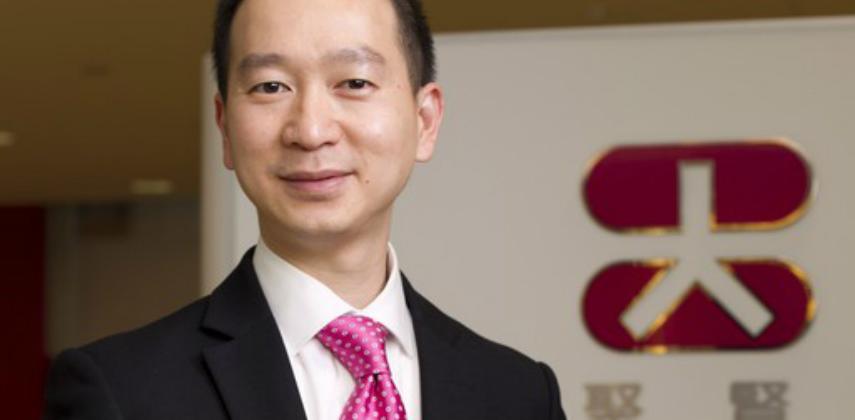The past couple of years has seen Dah Sing Life invest heavily to project a more youthful image and attract more fresh graduates.
Entering its bright and spacious recruitment and training centre, job applicants find an informal café and a small exhibition and video production that explains the development of life insurance throughout history, and the beginnings of Dah Sing Life, set up in 1990 as a wholly-owned subsidiary of Dah Sing Financial Holdings.
The nearly 6,000-square-foot facility has been designed to have a youthful and friendly ambiance. Dah Sing Life has also invested hugely in upgrading its internal information system and develop new user-friendly iPhone and iPad applications.
“Recruitment is hard if you want to hire very good agents. We have organised a career expo with SCMP and, since 2011, we have held monthly recruitment events to help candidates understand the career, the company and the support we offer to new hires. We mainly focus on rookie agents, although we do hire experienced people working in the industry,” says Dicky Yu, Dah Sing Life’s head of training and development.
“In 2011, the company recruited over 100 agents. This year progress has been good – we have already recruited 70. Our target is about 200 new agents for the year,” Yu says.
The company also encourages university students to join an internship and pass the necessary qualifying examinations, even before graduation. To do this, they need to pass papers number one and three out of the five papers in the insurance intermediate qualifying examinations (IIQE) to earn them a licence to sell life insurance.
The interview process starts with a screening by the future direct manager of the applicant and a career profile test. Those who pass will undergo an in-depth face-to-face interview and will have to complete “Project 100”, going through a database of all their friends and acquaintances.
They also have to pass two of the IIQE exams, if they haven’t already done so. They will then discuss their market with their manager, particularly on how to expand it.
Only then will they receive a career presentation, including responsibilities, code of conduct and compensation, as well as making a commitment to the company.
“An agent’s job is people-oriented, and caring and responsibility are very important. We want people with honesty and integrity. They also need good communication and listening skills to understand what the client needs. They have to have the determination to develop their career, because it is their own business,” Yu says. “Our value and service mottos are ‘focus’ and ‘can do’. These help achieve the can-do Hong Kong spirit.”
New agents will undergo three months of training, with a seven-day intensive programme. They will be trained in sales techniques, administrative procedures and tackle case studies, role-play, practical sessions and a “phone clinic” where their phone calls are studied to make improvements.
“Their managers monitor their development and sharpen their skills,” Yu says.
With continuous professional development (CPD) being obligatory, agents must take part in quarterly in-house training six months after joining.
“The CPD core programmes have been handled this year by the Vocational Training Council on the theme of ‘healthy and wealthy’,” says Yu. “The ‘wealthy’ part includes investment analysis, investment sales, connecting with mainland people, while ‘healthy’ covers claim cases, medical knowledge, and expenses. We also have neuro-linguistic programming (NLP) training and advanced communication skills to serve our clients better.”
“Crossroads” training is provided for those not yet in a management role so that they can decide if they want to take the management road or remain in sales. Those who become managers also receive training at every step of the career ladder, Yu adds.


